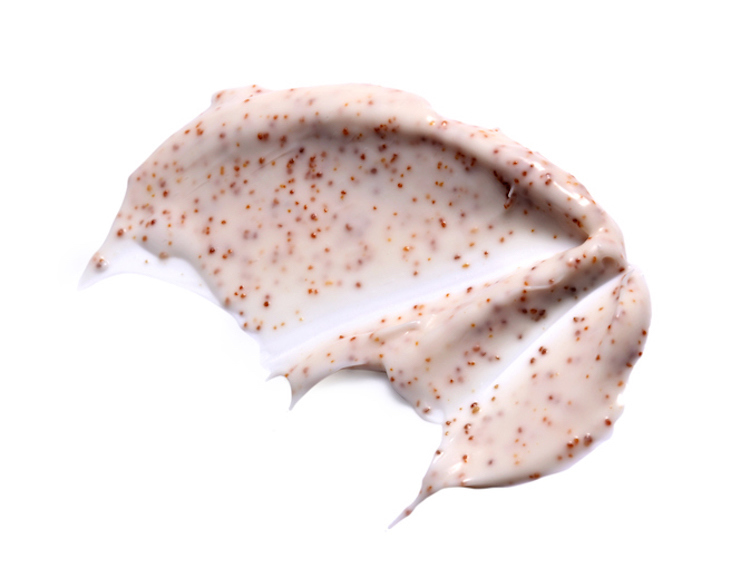BY: AISHA ILYAD
“Beat the micro bead, beat the micro bead.”
This is what campaigners against micro beads in cosmetics have been chanting for years. The little tiny beads may seem harmless, but they actually make washing your face, brushing your teeth and scrubbing your body an act of pollution.
In a recent action, the UK government decided to ban micro beads – which end up in oceans and are swallowed by marine life – from cosmetics by the end of 2017.
Greenpeace welcomes the ban, but said it should be extended to other products, such as detergent, as well.
Micro beads are very small pieces of plastic in products such as facial scrubs and makeup. Some are visible to the naked eye, but others are as tiny as one micrometre. Conservationists have warned that they can affect fish growth and persist in the guts of mussels and fish that mistake them for food.
The use of micro beads is already declining. A survey carried out by Cosmetic, Toiletry & Perfumery Association, which represents the industry, shows a 70% reduction [in products with micro beads] since 2015.
A spokesperson for the association said that eliminating micro beads would not increase costs to consumers, but did mean that some health and beauty products would disappear from shelves, as manufacturers work to overcome supply, quality, reliability and microbiological purity issues.
SEE ALSO: Cosmetic Injectables
One cleansing product can contain hundreds of thousands of micro beads, which end up in the oceans after being washed down sinks. The pieces are small enough to pass through water filtration plants and therefore end up in lakes and rivers. They can even be found in Arctic sea-ice and on the ocean floor. A single shower can result in 100,000 plastic particles entering the ocean which marine creatures easily ingest and the particles then get stuck in their stomachs, where they can be toxic in large quantities.
Consumers looking to avoid micro beads in the meantime should avoid products containing polyethylene (PE), polypropylene (PP), polyethylene terephthalate (PET), polymethyl methacrylate (PMMA), polytetrafluoroethylene (PTFE) and nylon, campaigners say.
So far, no conclusive scientific evidence has proved the micro plastics pose any threat to human health when passed up the food chain through fish.
There are several websites listing products that do and do not include plastic such as Beat the Microbead. It also has a free app where you can check products by scanning the barcode with your smartphone camera.
The US recently became the first country to announce it would ban microbead use in cosmetics beginning in mid-2017. With pressure growing globally to take action, now the UK is following in their footsteps. More than 357,000 people signed a petition calling for a UK ban, and environment groups welcomed the news of the ban.
The European Commission is also currently developing proposals to ban them in cosmetics across the EU, following calls from a number of member states.





